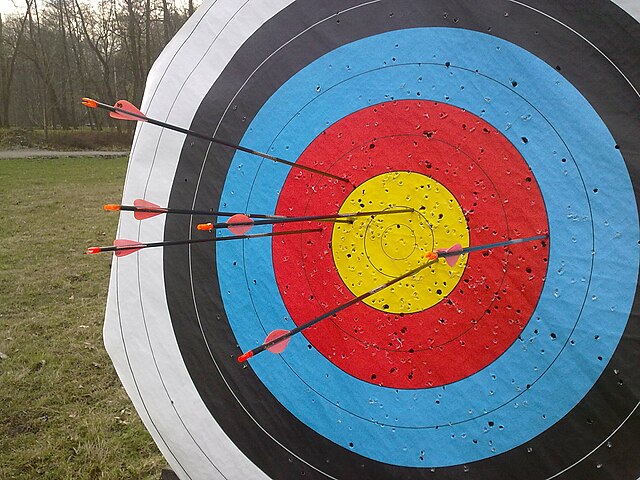The 0Maths blogHow we track progress and what we do with it
If answers aren't wrong, how do we know how well they're doing?
We score each question in a number of ways:
- Was help asked for?
This is the surest indication that a pupil has not mastered a topic.
- Did they correct their answer?
It may be typing or it may be the maths, so we dont count all corrections. We have a filter to know what ought to matter.
We also screen wrong answers for specific types of mistakes that may be indicative of interventions being required (eg dyslexia, glasses, etc).
- How fast was it?
Slow speed is an unreliable indicator of performance - the student may be struggling, they may be distracted, or they may be triple checking their workings. So, again, we do extra checks before deciding if a speed score is relevant. Nevertheless it can be a useful metric, chiefly to know if a result is coming from long term memory or from calculation (which is inevitably much slower). Use with care - speed may not be that closely correlated with being good at maths.

So what do we do with this data?
- Teachers and / or parents can see it in their log in. Teachers can also see which difficulties are shared in the class (and to what degree).
- We create a to-do list of topics pupils need to learn to fill in gaps in their knowledge or skills. This is available to teachers and presented to pupils as a double coins bonanza. These may be the topics that they are struggling with, or depending on the combination of topics in the mix, it may be other, related topics that set the foundation for what they're struggling with. If a child is on top of their game we suggest topics that follow on from what they've mastered.
 Nurturing maths awesomeness
Nurturing maths awesomeness
